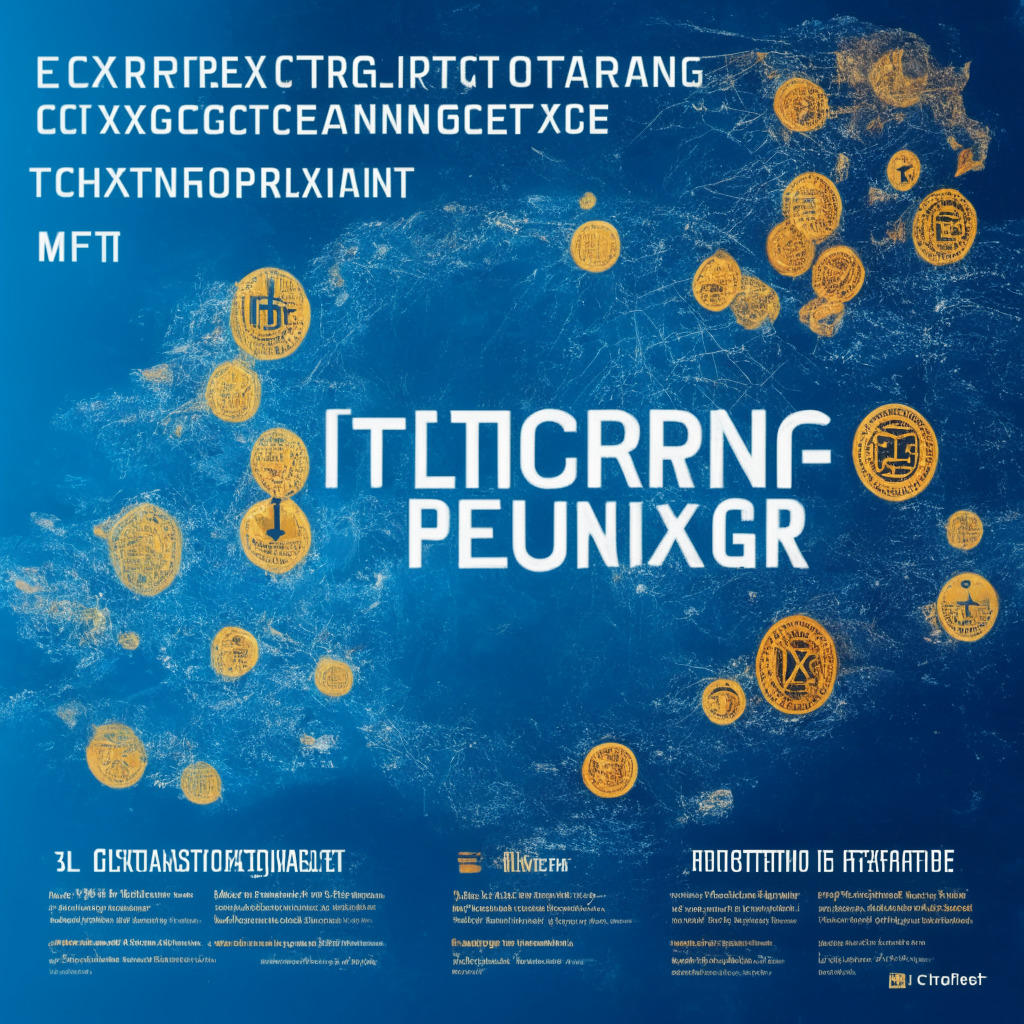A recent introduction of a 10% capital gains tax on profits made from digital assets in Nigeria may face challenges due to the uncertain status of cryptocurrency in the country. The 2023 Finance Act, signed into law by Nigeria’s outgoing president Muhammadu Buhari, encompasses cryptocurrencies, security tokens, and non-security tokens. Nigeria is ranked 11th on the 2022 Global Crypto Adoption Index by Chainalysis.
Experts argue that it will be difficult to get crypto traders to pay the tax due to Nigeria’s complex stance on cryptocurrency. Timi Olagunju, a policy consultant specializing in technology law, says that since cryptocurrency transactions cannot be monitored like bank transactions, tax authorities will rely on crypto traders to self-report their profits, which might be insufficient in many cases. Moreover, the “opaque nature” of some crypto transactions and aversion to self-reporting taxes in Nigeria may deeply impact the amount of tax the government is able to collect from digital assets.
In 2021, Nigeria’s central bank ordered domestic banks to cancel their services for customers who buy, sell, or trade cryptocurrencies, which has led users to resort to OTC deals and informal peer-to-peer markets. Despite the central bank’s concerns about the potential for fraud and terrorism financing facilitated by virtual currencies, Nigeria launched a national policy in May 2023 that recognizes the legitimacy of cryptocurrencies and cryptocurrency exchanges.
Emeka Ezike, the vice president of Stakeholders in Blockchain Technology Association of Nigeria (SiBAN), believes that taxation without a long-term plan may harm the potential contribution of digital assets to Nigeria’s economy. However, he also acknowledges the opportunity for the federal government to negotiate with policymakers for a friendlier process to ensure the market thrives.
The future of digital asset taxation and blockchain technology in Nigeria remains uncertain, yet filled with potential. Nigeria’s National Blockchain Policy aims to provide a framework for the use of cryptocurrencies and mitigate risks such as money laundering and fraud. This hints at the possibility of the Nigerian government establishing standards for the listing and trading of cryptocurrencies on regulated exchanges in the country.
As the new tax policy raises questions and concerns among industry stakeholders, organizations like SiBAN see it as a sign that the government recognizes the sector, opening the door for a possibility to negotiate a more friendly process with policymakers that will allow market growth.
Source: Decrypt




